THE WAY OF THE WOLF: Learning from the Elders
The Wolf CLAN Initiative
OBSERVE & LISTEN
Highly esteemed wolf biologist, L. David Mech, once wrote in his essential reading, “The Wolf,” about the lessons learned from observing wolves — including in one instance, observing a large pack of wolves and their communal gathering, friendly touching, eager, nose to tail with a sense of dancing — just before plodding off single-file to attack their dangerous preferred prey — a single, solitary male moose.
Keen observation then by this biologist — repeated over many, many times — leads to learning from the elder species, the Wolf, of just what their anticipated likely action will be following such distinct visible clues and behaviors.
Learning from our wildlife “Elders” — like the Wolf — requires a relationship first based on deep respect and a true, unquenching desire for a fuller understanding beneficial to all species, all ecosystems, all “Gaia” or all Earth, our Mother, for so many of our Indigenous Peoples … “Elders” of the deep, most ancient Land just as surely as the Wolf.
Like active observation, wholly active “listening” is key to learning from our Elders, as well, be they Native Wildlife or be they Native or Indigenous Human Beings.
So many of our long wilderness movement leaders have learned from the science, joy, thrill, and practice of listening to the dialogue of our Wolf Elders … and many have learned well by the best of our scientific observers … the rich panoply of meaning in the varied howls, barks, yips, and song of the Elder, the Wolf.
However, what likely many of our movement lack is truly learning from the true Elder Americans, the indigenous American Indians, including their tribal leaders, educators, culture-bearers, traditionalists, biologists, wildlife specialists, and more.
FROM A LONGSTANDING NEED — A NEW INITIATIVE
Recognizing this need, The Rewilding Institute (TRI) has recently welcomed the Wolf Canid Life Advancement Nation (CLAN) Initiative. The Wolf CLAN initiative seeks to build robust collaboration, trans-cultural and transboundary, international cooperation with and among American Indian Tribes in the United States and Canada for the benefit of their Elder Knowledge in the legal and programmatic protection of wild wolves and their critical ecosystem and habitat needs in perpetuity.
The Wolf Canid Life Advancement Nation (CLAN) Initiative Mission:
The Mission of the Wolf CLAN Initiative is to significantly advance the recognition of and respect for the protections and ecological sustainability of native wolf species (higher canids) among Native American (or American Indian) Nations, the Nations of the United States and Canada, interested partnering organizations, and non-profits and scientific institutions and to secure stronger ecological connectivity across international borders to encompass ecological habitat boundaries.
The Wolf CLAN Initiative seeks to advance and build partnerships in Indian Country recognizing their deep knowledge and activism on behalf of wild wolves. We shall respect and explore inclusive participation and joint leadership inclusive of our new American Indian project partners, as we also explore and dialogue on needed joint actions to ensure the respect, protection, and success of the “Nation” of wild wolves of North America. By doing so, we focus toward advancing the understanding of the traditional ecological knowledge (TEK) of American Indian Nations, and the US and Canada developing and promoting a deeper, supportive relationship among and between humans and wild wolves in their native environment and expanding extent. In this way, wolves, their supporting human activists, the Elder American Indian leaders, environmental non-profits, scientists, governments, educators, and All Peoples can join together as a true Canid Life Advancement Nation (CLAN) or “Nation” of like interests supporting wild wolves, their habitat, and ecological needs and future.
Our Initial Primary Goals for the Wolf CLAN Initiative:
- Advance dialogue, and in time partnership programs advancing wolf safety, protection, and habitat connectivity (for Adirondack to Algonquin [A2A] and other transboundary partnerships) among and between the Wolf CLAN Initiative and the Haudenosaunee Iroquois Nation including Mohawk, Onondaga, Cayuga, Seneca, Tuscarora, as well as Algonquin, Abenaki, Huron, and other Tribal Nations that may have an interest in wolf and canid protection efforts.
- Add and include directly American Indian Nation members onto A2A and related non-profit boards and committees that can work jointly and collaborative advancing the goals of The Wolf CLAN Initiative in support of wild canids. Inclusion and equity in decision-making are key to the long-term success of these new partnerships in Indian Country.
- Advance public and media understanding of the goals, objectives, and achievements of The Wolf CLAN Initiative on both American Indian Nation media outlets and those of the USA and Canada through special events, wolf habitat protections, wolf sustainability advancements in Nation and State Policies, programs and laws, etc.
Already the authors have undertaken preliminary outreach to Native American colleagues during the initial discussion stage for this important initiative and the response has been very positive in the desire for dialogue and participation.
Thoughts from a Wolf Clan Mohawk
David Kanietakeron Fadden - 12/1/23
I was born a Wolf Clan Mohawk and given the name, Kanietakeron (Patches of Snow) from my great grandmother from the Mohawk territory of Akwesasne. My first breath was taken in the Adirondacks, and the surroundings during my childhood shaped the way I view the world. I grew up in Onchiota, NY and would listen to my grandfather and father talk about the culture, history, and philosophies of the Haudenosaunee people (Six Nations or Iroquois) at the then Six Nations Indian Museum (now the Six Nations Iroquois Cultural Center). I learned of a deep sense of connection and belonging to the land that most Indigenous people have across this continent and around the world. This understanding of how the natural world works allowed me to understand that our existence as humans is a small part of this world and creation, existing somewhere between the mountain and the ant. Walking the woods around our home, I developed a deep connection to this place that continues to this day. I would listen to the waters as they rolled over the rocks in the nearby brook. I would listen to the numerous birds sing their songs and talk to each other. I would see the fox, deer, and bear wander their trails that coexisted with our trails. One only has to walk 20 feet into the forest to realize that this place in teeming with life. The one thing I did not hear was the call of the wolf.
At a young age, I learned that wolves used to live in these mountains and that humans drove them away long before I was born. Deforestation and senseless unregulated hunting eliminated them, and the song of the wolf is no longer heard meandering through the trees and forests. There have been rumors of wolves passing through from time to time, but I have never seen nor heard one. I often wonder why would one want to kill such a creature. For food? I am reminded of how European stories depict wolves and the natural world in their traditions as something to be terrified of and conquered. This aggressive attitude toward the natural world can and will have negative ramifications. My grandfather would often say, “why does man try to play god by altering and destroying the natural way of things?” The notion that this earth is here for mankind and that we shall have dominion over nature is not only foolish but dangerous. So it is with no surprise that the wolves have disappeared from these mountains as man and his destructive nature came to the Adirondacks.
Haudenosaunee people have long studied the natural world and our society developed according to our original teachings that show us how to live our lives with future generations always in our minds. When we recite the Ohenton Karihwatekwen (Thanksgiving Address), we acknowledge and send a message of thanks to all aspects of the world we call home. One at a time, we speak to the plants, waters, trees, animals, winds, rain, birds, moon, sun, and stars. Offering greetings and thanks to each. These words are spoken at all gatherings, whether it be a political or spiritual. This reminds us that we are in a place where these entities are a part of our family and home. We look to and address parts of creation as part of our own family. The Earth is our mother, the sun is our elder brother, the moon our grandmother, the thunders are our grandfather, and the animals are our cousins. When one looks to and considers these entities as members of our family, we tend to take care of them. This is how we look to our cousin, the Okwaho (wolf).
In this modern day, however, many do not live in a place to experience this connection and oneness with our surroundings on a daily basis. Some people rarely touch the earth and spend their lives walking on cement. Some fear the woods and avoid at all costs. It makes sense that those who do not have that connection feel nothing when the topic of the forests and wolves comes up. They do not feel the same connection as those of us who live in the woods. What they do not realize is that they, too, are connected in one way or another. The water they drink and food they eat are not from the city but are brought into their communities. With the climate crisis upon us, many people are beginning to re-assess their lives and effects it may have on the environment. As science has proven, humans have become a force of nature that can alter the natural condition of the earth and all who live on her. As great problem solvers, humans now have to act to help not only ourselves, but all parts of creation. Some people seek out other ways of living and thinking. Some turn to Indigenous people for advice and guidance with hopes of finding a solution to what dangers our children will face in coming decades. There is no easy solution. However, as one’s mindset and relationship with the natural world becomes apparent, then they will find answers. That is the first step.
Folks like Dan Plumley, John Davis, and Joe Butera have the same philosophy as Indigenous people in terms of protection, conservation, and respect of the natural world. Organizations such as The Rewilding Institute and the Wolf CLAN Initiative will bring much needed knowledge and solutions concerning the protection of our forests and more specifically, wolves. Through dialogue and discussion, our elders, organizations, and communities can bring this awareness to the forefront of people’s minds to bring about a complete view of how our forests should look and sound. This balanced approach will gather our minds together to find the best path forward for coming generations.
It is my sincere hope that someday a young Wolf Clan Mohawk will, once again, hear the song of our cousin, the wolf.
- David Kanietakeron Fadden, Wolf Clan Mohawk, Haudenosuanee Iroquois
Words from John Davis, TRI Executive Director:
Concurrent with The Rewilding Institute’s long-held mission and programs, it is natural for our team to engage Dan Plumley’s long experience safeguarding wolves and wolf habitat in Adirondack Park and other wilderness regions of the globe while succeeding in engaging and building strong collaborative programs with American Indians in the USA and Canada. Dan has also worked with Indigenous Leaders in Siberia, Tuva, and Mongolia. Dan bases his work first on respect and building the basics of understanding and knowledge from America’s original inhabitants — both wolves — and all they can teach us as a critical top predator species — and Native Americans across many tribal affiliations. Dan has been invited three times as a delegate to the United Nations Permanent Forum on Indigenous Peoples (UNPFIP) and took part in the development and signing of the UN’s Declaration on the Rights of Indigenous Peoples worldwide. All of us with The Rewilding Institute are delighted to see Dan leading the initial design and implementation of the Wolf CLAN initiative, gaining knowledge and new directions from North America’s First Peoples, as well as from wild wolves themselves.
“Nia:when Koa! Thank you truly, Dan and your Rewilding Team so dedicated to protecting our true Brother since time immemorial, our threatened and endangered wild wolves! Like our wild wolves as well as our Native Haudenosuanee People of the Long House Iroquois, we must disband false borders, broken treaties, and unfulfilled conservation laws to truly empower the return of this essential northern habitat predator species so key to our trans-national temperate and boreal biomes. Our future and the wild ecosystems they inhabit and range through deserve true protection and sustainability. I agree and support every aspect and the key goals for this vital program.”
—Alan Brant, Wolf Clan Mohawk Indian Native, Ontario, Canada

Wolf CLAN Initiative partners: Dan Plumley, Initiative Designer, Cultural Ecologist, Adirondack Park, NY State, USA, and Alan Brant, Wolf Clan Mohawk Indian Native, Ontario, Canada. Dan and Alan are adopted Brothers in an ancient Sun Dance lineage dating back to the 1890s in the western Great Plains traditions that regard Wild Wolves as Sacred Beings and “Brothers” on the Earth, Turtle Island.
Words & Request from Joe Butera, President of Northeast Ecological Recovery Society:
We are very fortunate and thank the staff of The Rewilding Institute and many activists across several colleague organizations for their support for this important new initiative.
We also welcome the involvement and deep experience of our consultant, Dan Plumley, Adirondack Cultural Ecologist with a deep, personal history of protecting wolves since the Endangered Species Act (ESA) days of the late 1970s/early 1980s, and he has long been an effective advocate for the protection of both wildlands and indigenous cultural sovereignty and natural resources protection.
Dan has worked extensively with the Iroquois Haudenosaunee Confederacy of Tribes, Canadian Mohawk, Ojibway, Cree, Mic Mac, and other Indian Peoples, and also with many tribes in the US South and west, internationally with Native Peoples in North Asia, Russia, and Mongolia on diverse matters environmental, wilderness conservation, wildlife, and nomadic lifeways with livestock.
Dan has received numerous accolades of appreciation from indigenous tribal representatives and Native colleagues from all over the world. He fought for acid rain control with the Iroquois and Mohawks in the 1980s and stood 7 days at ground with all Indian protestors at Standing Rock and is an adopted “Turtle Clan” Sun Dancer with Mohawk, Iroquois, Lakota, Cree, and other Sun Dance ceremonial tribal members.
My request is to help SUPPORT this critical initiative by making your own tax-deductible donation to The Rewilding Institute earmarked to support The Wolf CLAN Initiative! Feel free to reach out to Dan or me to learn more. Thank you!
A Prayer in Celtic Spirit for the Wolf’s Return
By Joe Butera
One winter in 1992 my wife and I were in Ely, Minnesota, taking a wolf ecology class. On a cold Saturday afternoon, as I was walking on a trail near a big beautiful frozen lake, my eyes focused on a large snowbank on the edge of the lake.
At that time, I was contemplating starting a conservation organization, the Northeast Ecological Recovery Society, hoping to help wolves and other native species in New York State and the Northeast.
It was at that moment I decided to walk out onto the frozen lake, and I stopped to say a prayer as the beauty that surrounded me was so majestic. I asked God to give me guidance as to whether or not I should incorporate this new organization to help protect wolves.
I said my prayer, turned around to walk off the lake, and there in the corner of a big snowbank was what appeared to be animal fur. As I approached closer, it became obvious to me the area was a wolf pack's resting area. I knew it was wolves because of the tracks in and around the snow bank, which were unmistakably large wolf tracks.
After coming back to New York, I headed upstate to the Adirondacks with five of my good friends. In my pocket was the fur collected from the snowbank in Minnesota. I had an idea, a crazy one at that, but I wanted to do something spiritually to connect to the wolf. I wanted to do a spirit dance for the wolf.
I couldn't do a Ghost dance for I am not a Native American, but I could do a Celtic wolf dance, for I am half-Irish and some of my other friends were Irish as well.
I took my friends to Buttermilk Falls on the western side of the Adirondack State Park. We decided to build a big fire, painted our faces with face paint, and did a Celtic wolf dance in honor of MOK-CHEER-A, which is Celtic for wolf.
We sang the song "Find the Cost of Freedom.'' We sang this because others persecuted both the Celtic People and the wolf!
Words & Thanks from Dan Plumley, Director-Coordinator, Wolf CLAN Initiative:
I wish to say “se:khon” [say-go] or hello in Mohawk language and “nia:wen koa” [nyawa-goa] or thank you very much to our great team that has supported the start up of The Wolf CLAN Initiative. I am both honored and humbled to have this work in support of advancing cooperation with Indian Tribes on wolf conservation both in the Eastern United States and Eastern Canada.
This is indeed a most proper extension of my wilderness and wildlife conservation work and work with Indigenous Peoples in the Americas and internationally spanning four decades now.
We are labeling this as an “initiative” to start with a key point: only following extensive outreach, discussion, and agreement with Native American colleagues, and soon-to-be partners, will we finalize the title, goals, and objectives of this important work together.
American Indian Tribes have a long history of respect for the Wolf — which they often recognize as their “Brother,” in both Spirit and in its lifeways. Indian Tribes singularly and in strong confederation have staunchly supported and fought for endangered species status for the Wolf spanning a generation and more.
We will be humble and learn from our Elders: the Native Americans as well as what the wolves themselves have to teach us!
My thanks and appreciation for the leadership team at The Rewilding Institute and among our core team of amazing wolf advocates and activists. Likewise, let me offer gratitude to our early out-of-the-gate donors — and we need many more — for their contribution and investment in our new Wolf CLAN Initiative.
HOW YOU CAN SUPPORT THE WOLF CLAN INITIATIVE
You can donate in support of The Wolf CLAN Initiative through The Rewilding Institute. When you make your donation, just note in your check memo that your gift is for the “Wolf CLAN Initiative.” If you make your donation online, just note that it is for the “Wolf CLAN Initiative” in the notes textbox within the donation form page. TRI will pass through all but a small administrative fee directly to the Wolf CLAN Initiative for its work with wolves and tribes.

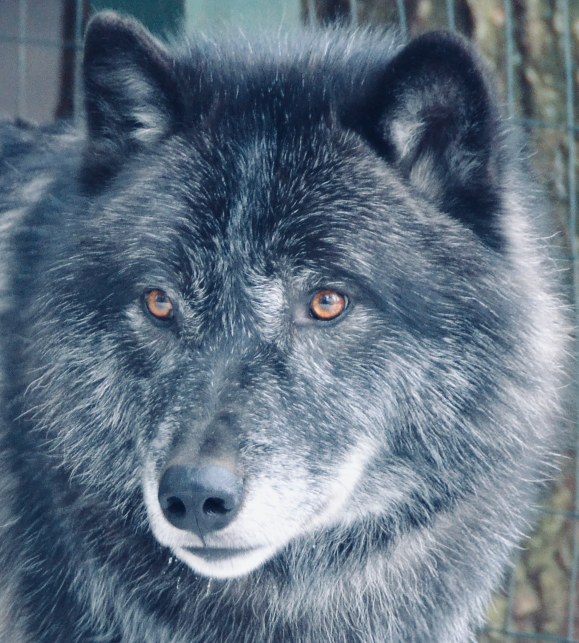
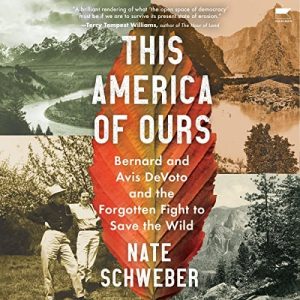
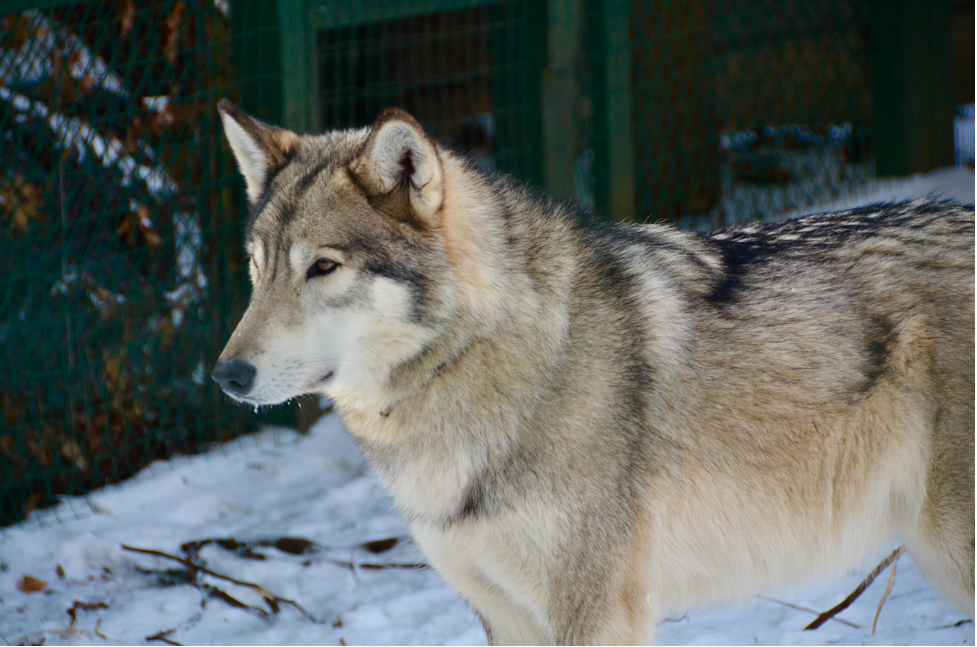
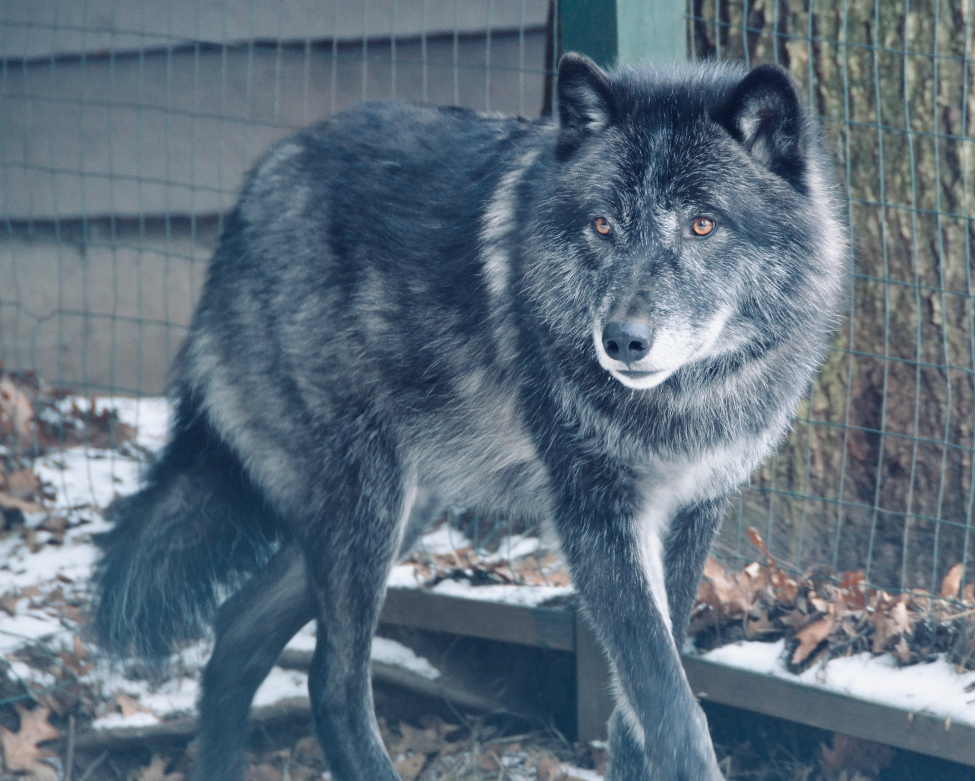
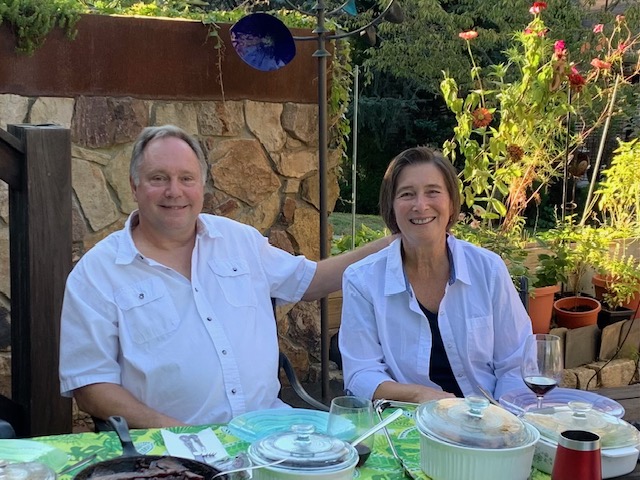
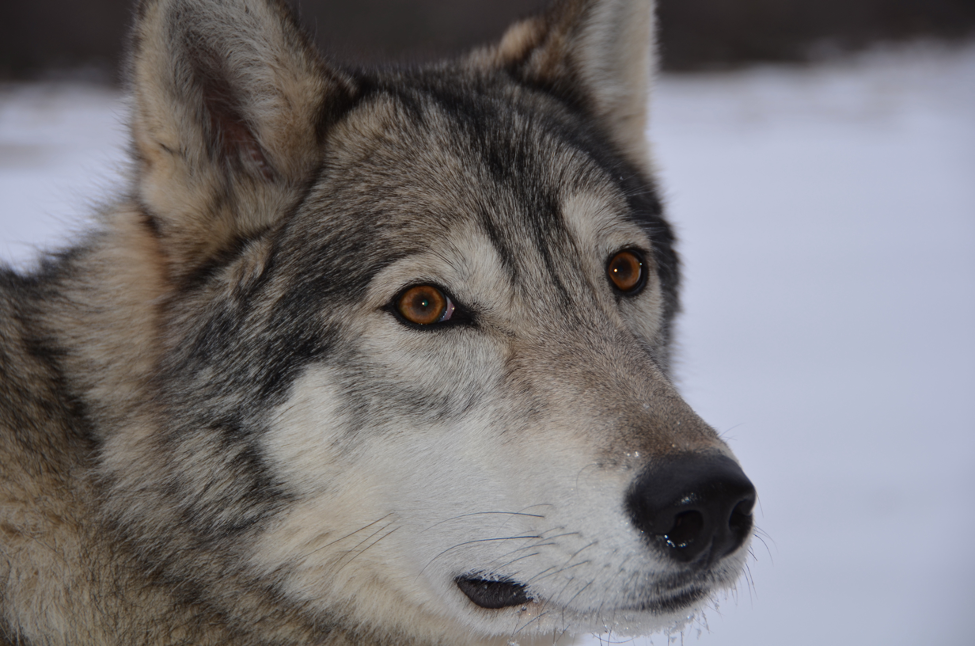
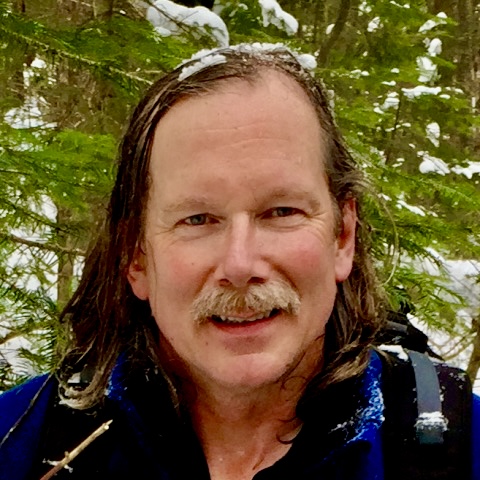
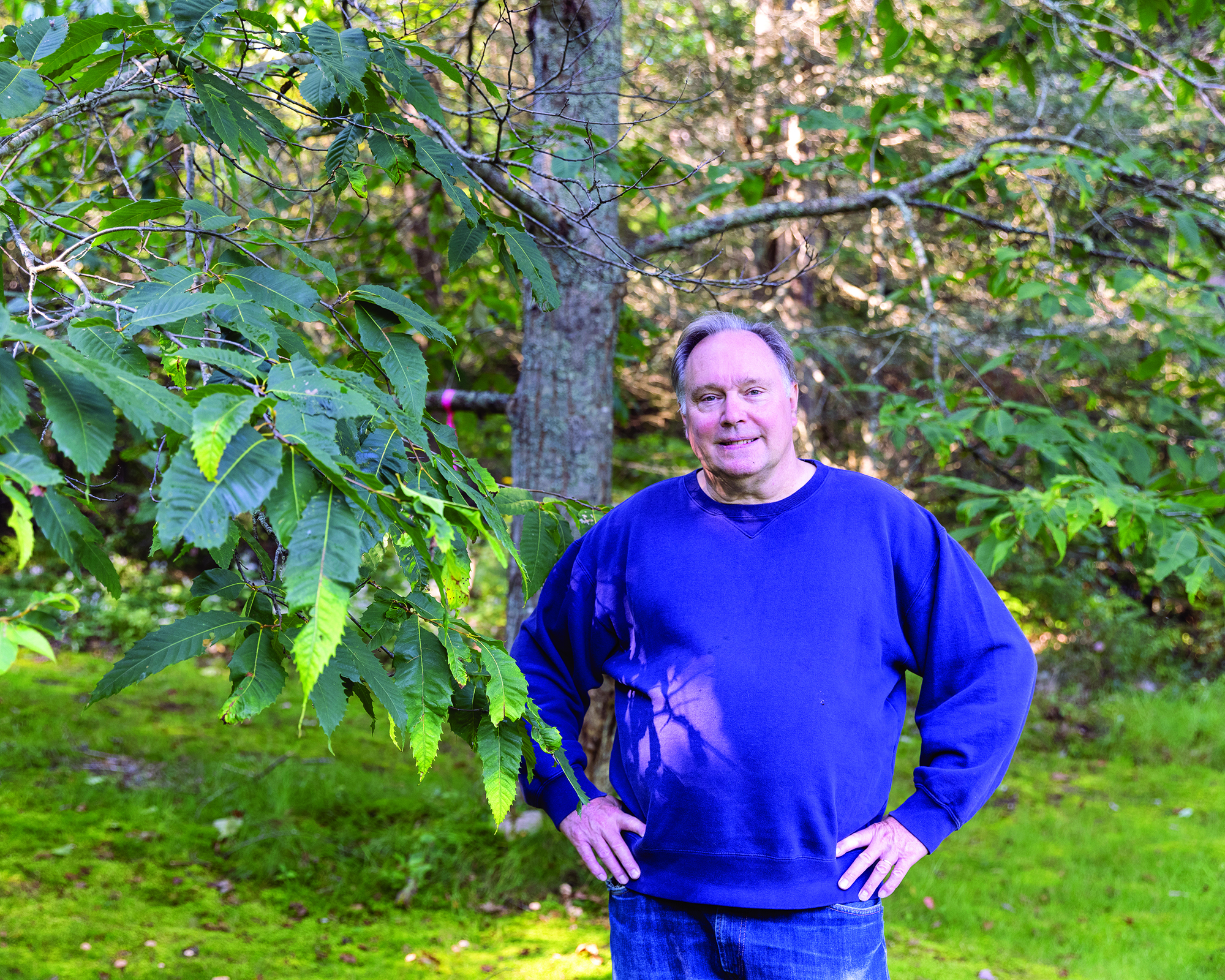
Careful here. Just because someone has Native genes or ancestry doesn’t mean that they’re on the right side. Most Natives in the U.S. are NOT traditionalists, and those who aren’t kill wolves too. As the saying goes, it’s not where you’re from, it’s where you’re at. We need to be sure we’re aligning with TRADITIONAL Natives, not just Natives.